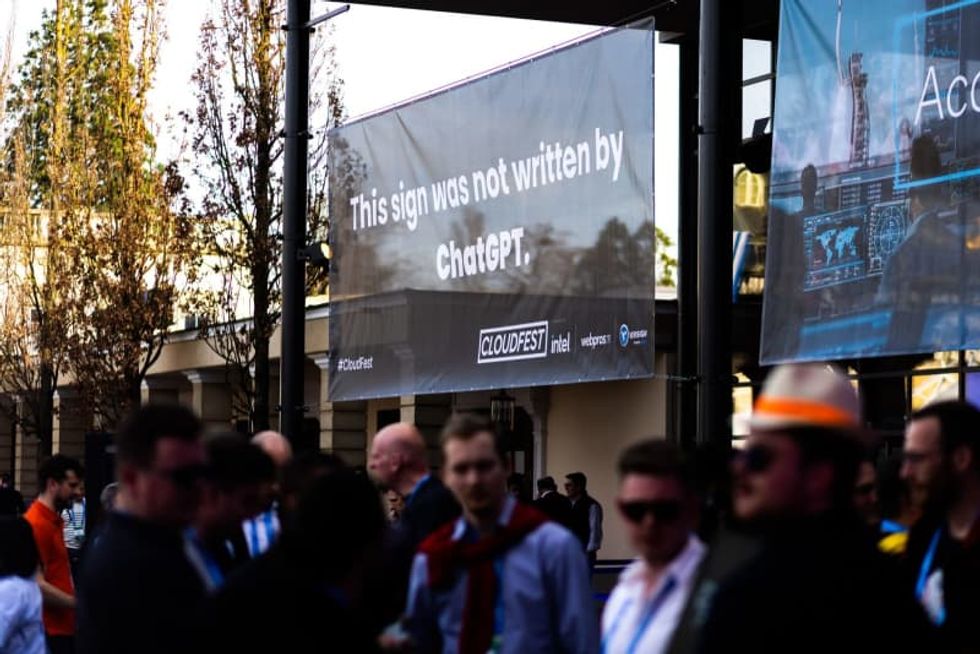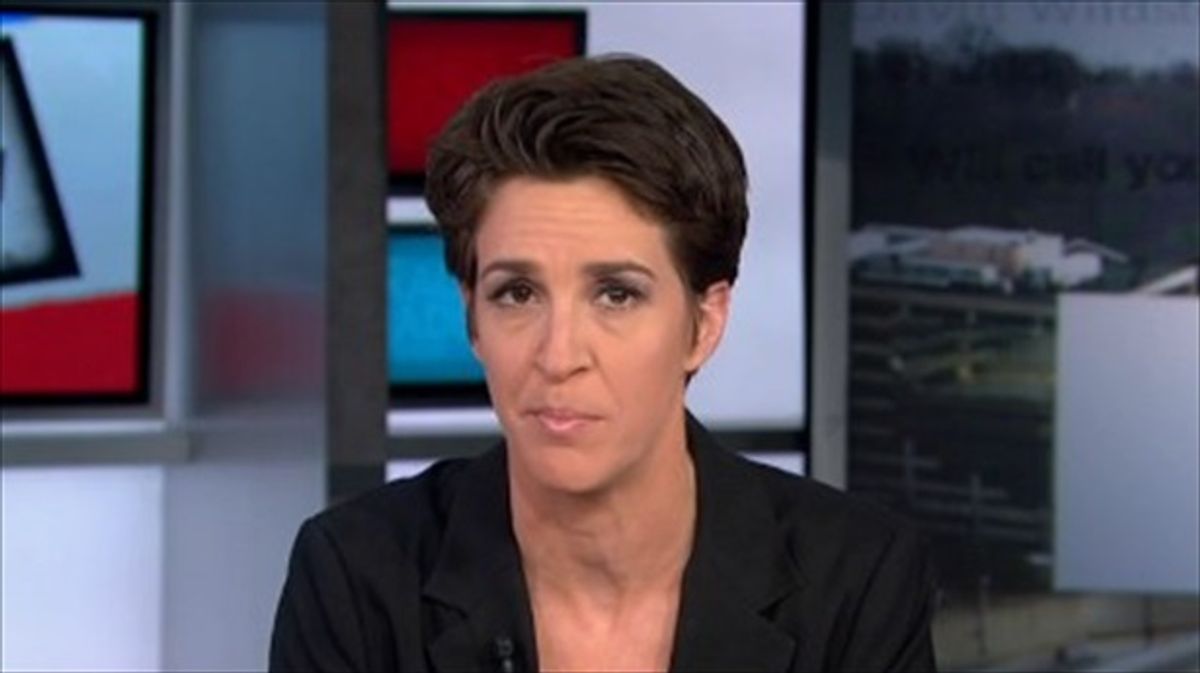Deutsche Presse-Agentur
April 07, 2023

Daft Punk may have performed as robots, and yet one part of the iconic French electronic duo says that the advent of AI was part of the reason for the group's split in 2021. David Ebener/dpa
Daft Punk may have performed as robots, and yet one part of the iconic French electronic duo says that the advent of AI was part of the reason for the group's split in 2021. David Ebener/dpa
Thomas Bangalter, formerly one-half of electronic music duo Daft Punk, said this week that his fear of artificial intelligence was a factor in why the group split in 2021.
Bangalter reflected on the duo's fictional persona in a recent interview with BBC News, saying that he always felt the group's thesis was about making sure there is an absolute line "between humanity and technology."
"It was an exploration, I would say, starting with the machines and going away from them," he said. "I love technology as a tool [but] I'm somehow terrified of the nature of the relationship between the machines and ourselves."
Throughout their nearly 30-year career, Bangalter and Guy-Manuel de Homem-Christo hid their faces under gold and silver robot masks, while on their way to nabbing Grammy Awards and putting out chart-topping hits and club anthems. Albums by the duo, who hardly ever broke character, created a universe for their fictional personas to live in.
Even so, Bangalter shared that many fans misinterpreted their act as an uncritical embrace of tech and digital culture.
"We tried to use these machines to express something extremely moving that a machine cannot feel, but a human can," Bangalter said in the BBC interview. "We were always on the side of humanity and not on the side of technology."
To express his concerns about "the rise of artificial intelligence," Bangalter referenced Stanley Kubrick's 1968 film "2001: A Space Odyssey." He credited the filmmaker for asking "the question that we have to ask ourselves about technology and the obsolescence of man."
In recent post-Daft Punk work, Bangalter set electronic music production aside to collaborate with French contemporary choreographer Angelin Preljocaj, composing an orchestral score for a ballet that premiered in July. The score will be released as an album Friday.
"As much as I love this character," Bangalter said of his helmeted Daft Punk persona, "the last thing I would want to be, in the world we live in, in 2023, is a robot."
Bangalter's wariness of AI aside, a 10th-anniversary reissue of the duo's final album, "Random Access Memories," is on the way. The album — which won four Grammys in 2014, including for album of the year — is due out May 12 and will feature previously unreleased music.
But fittingly, given Bangalter's AI apprehension, the duo decided for the 2013 album to largely abandon the synths and drum machines that colored their previous work. Critics heralded their decision to rely on live musicians — real-life humans who plucked bass lines and banged out acoustic drum riffs.

This slogan from an German IT industry event shows that even creativity in the advertising industry has the potential to drastically change under the influence of AI.
Philipp von Ditfurth/dpa




.gif)
.gif)
.gif)
.gif)








